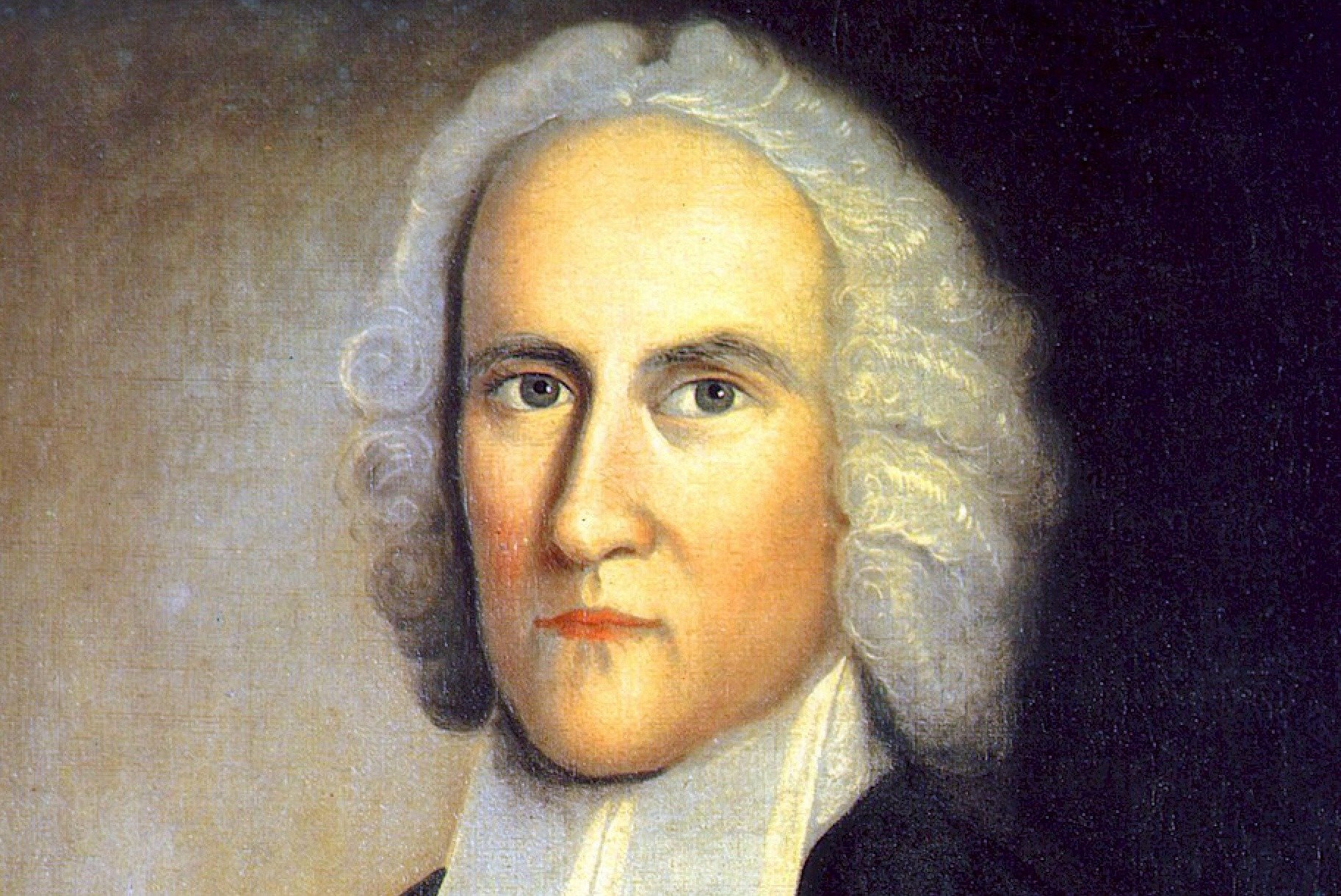Gerald McDermott teaches at Jerusalem Seminary and Reformed Episcopal Seminary (ACNA). Previously, he taught for 26 years at Roanoke College followed by 5 years at Beeson Divinity School.
Login to read more
Sign in or create a free account to access Subscriber-only content.
Topics:
